Rachel Dolezal Refers To Herself As A Bisexual, Trans Black Activist
Rachel Dolezal Is A Bisexual, Trans Black, Activist
Rachel Dolezal is speaking out about the controversy that’s surrounded her since it was revealed in 2015 that she was a white woman, who portrayed herself as black. Promoting her new memoir, “In Full Color: Finding My Place in a Black And White World,” Rachel opens up about why she still maintains that she identifies as a black woman. Check out a few excerpts from a recent interview below.
How she defines ‘Black’ and ‘Blackness’:
Well I think that in America, even though race is a social construct, I mean, we say this in theory, but I think a lot of people don’t believe that it really is. And so it’s still a very racialized society. And so there’s a line drawn in the sand. And there’s a Black and white divide and I stand unapologetically on the Black side of that divide with my own internal sense of self and my values, and with my sons and my sister and with the greater cause of really undoing the myth of white supremacy.
Looking back, if she would have done anything differently:
Well I wish that I could have had the chance to tell my whole story and introduce myself to the world instead of being introduced by others in a very negative connotation. So the oppositional people really came out with this narrative of a fraud, a liar and a con and all this kinda stuff before I had a chance to say, “Hello, my name is Rachel and this is who I am.”
So I think it just kinda steamrolled and got so much momentum of negativity where my life just got shaped by that, and people’s perceptions of me were shaped by that. And I knew very quickly that I wasn’t going to be able to really describe my experience in full context in an interview and so I really needed to do that in book form.
If she wishes that she had addressed this sooner in her life:
Well I did, and for people who read the book you can kind of go walk through that journey. The funny thing is that when I was asserting that in college, for example, people were constantly — when I was like, “I was born to white parents,” people are like, “What are you?” and I would tell this long story, which people’s eyes would glaze over and they didn’t really wanna hear all that. But also the response would always be like, “No, you know you’re part Black.”
So as long as I was trying to explain my white parents and my upbringing, and everything, I was constantly being told that I was Black and that I was Blacker than white and all these kind of things. And even like, accused for passing for white. So I just got kind of tired of explaining because it was not helping. People would argue with me as if they knew my identity better than me.
If she describes herself as trans-Black:
If I was allowed a more complex term, I would say I’m pan-African, pro-Black, bisexual, mother, activist, artist, you know that’s like too long. So trans-Black is quicker.
Photo: John Makely / NBC News
Follow us: @theJasmineBRAND on Twitter | theJasmineBRAND on Facebook| theJasmineBRAND_ on Instagram


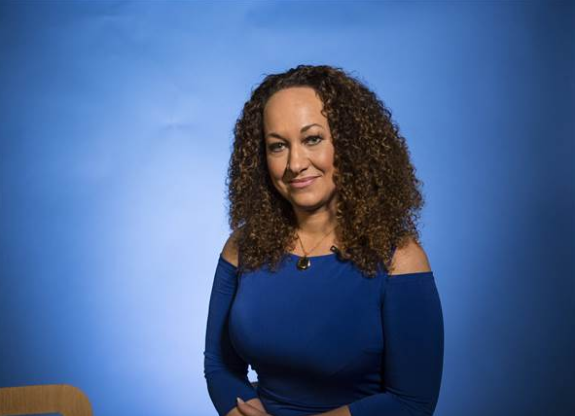
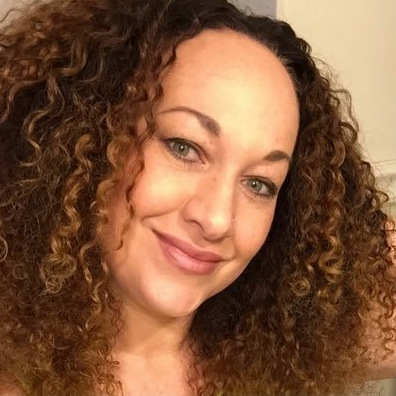
 Previous Article
Previous Article Next Article
Next Article![[WATCH] Nas Debuts ‘Represent’ Video](https://thejasminebrand.com/wp-content/uploads/2014/07/Nas-Representvideo1-thejasmineBRAND-620x327.jpg) [WATCH] Nas Debuts ‘Represent’ Video
[WATCH] Nas Debuts ‘Represent’ Video 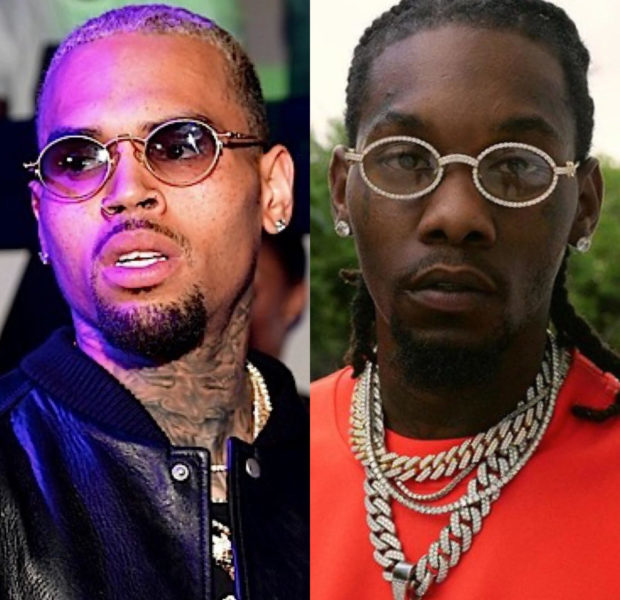 Chris Brown Publishes His Home Address, Invites Offset To Come Over & Fight Him
Chris Brown Publishes His Home Address, Invites Offset To Come Over & Fight Him ![Janet Jackson Releases ‘Unbreakable’ [New Music]](https://thejasminebrand.com/wp-content/uploads/2015/09/Janet-Jackson-Unbreakable-the-jasmine-brand.jpg) Janet Jackson Releases ‘Unbreakable’ [New Music]
Janet Jackson Releases ‘Unbreakable’ [New Music] ![Rihanna Previews ‘B*tch Better Have My Money’ (BBHMM) Video [WATCH]](https://thejasminebrand.com/wp-content/uploads/2015/06/Screen-Shot-2015-06-29-at-10.37.47-AM.jpg) Rihanna Previews ‘B*tch Better Have My Money’ (BBHMM) Video [WATCH]
Rihanna Previews ‘B*tch Better Have My Money’ (BBHMM) Video [WATCH] ![Lil Kim Invades Paris Fashion Week With Marc Jacobs & Jourdan Dunn [Photos]](https://thejasminebrand.com/wp-content/uploads/2016/07/Screen-Shot-2016-07-04-at-10.48.28-PM.png) Lil Kim Invades Paris Fashion Week With Marc Jacobs & Jourdan Dunn [Photos]
Lil Kim Invades Paris Fashion Week With Marc Jacobs & Jourdan Dunn [Photos] 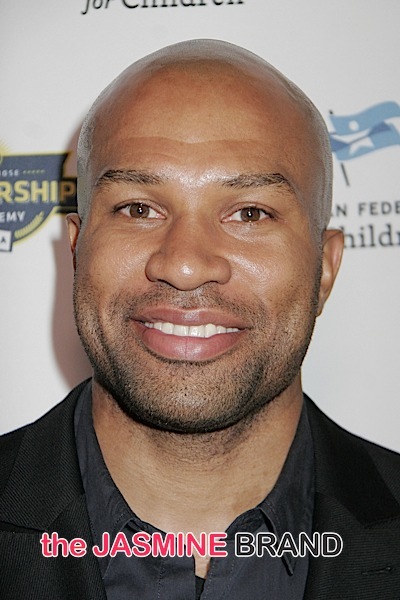 Derek Fisher Charged With DUI
Derek Fisher Charged With DUI 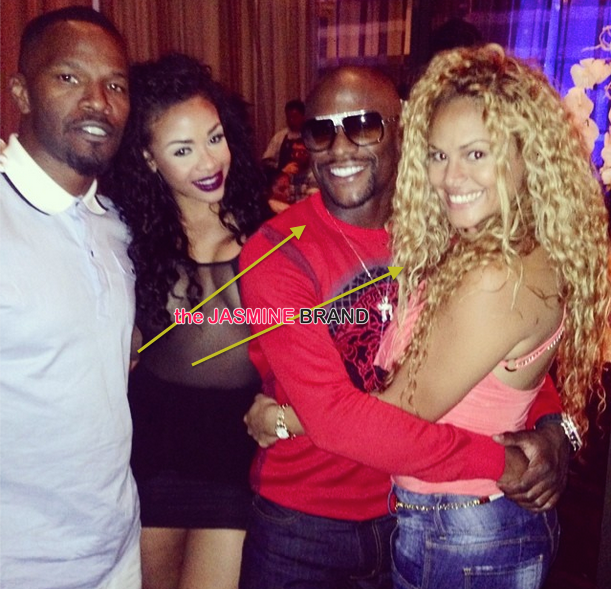 Cup Cakin’ Alert: Does Floyd Mayweather Have A New Girlfriend? Meet Liza Hernandez
Cup Cakin’ Alert: Does Floyd Mayweather Have A New Girlfriend? Meet Liza Hernandez 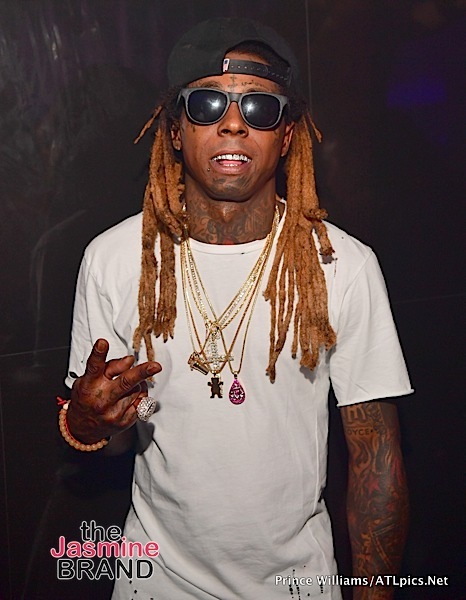 Lil Wayne Signs To Roc Nation
Lil Wayne Signs To Roc Nation